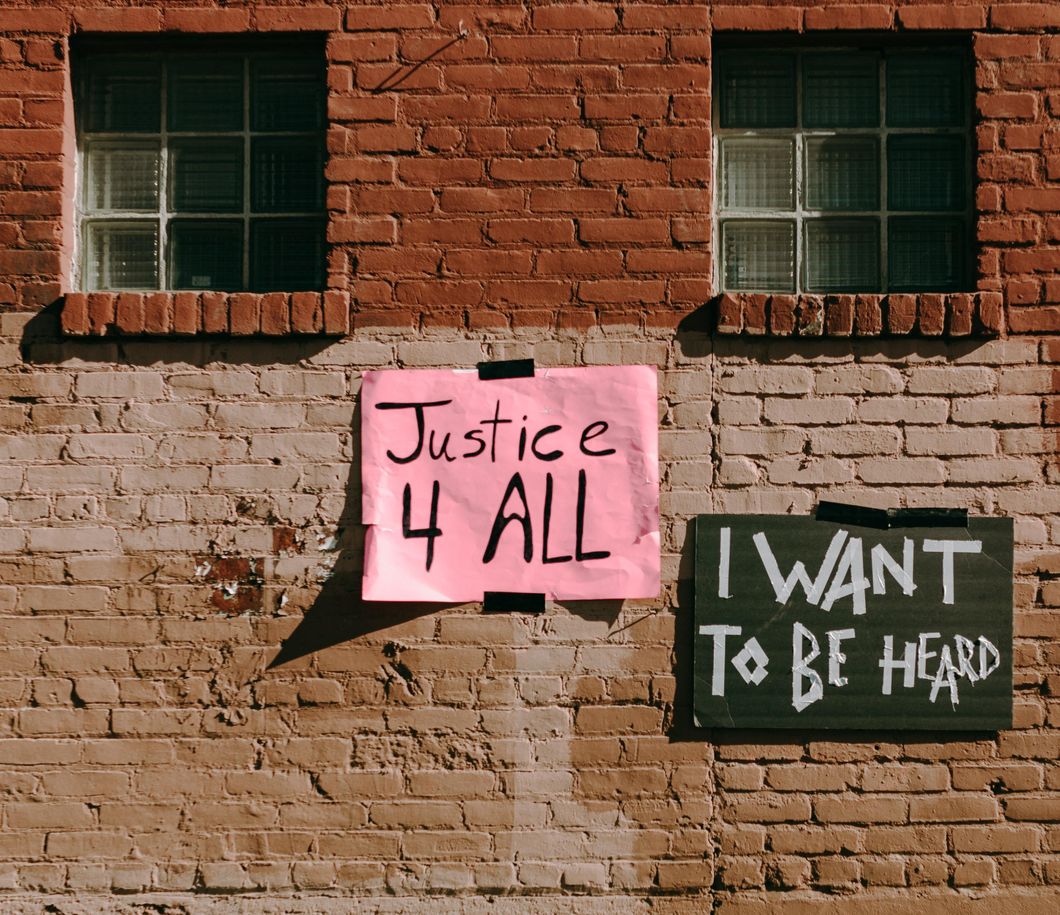Since the killing of George Floyd, Breonna Taylor, and others, racial injustice towards Black people especially has been in our everyday consciousness. This has given way to talk about more issues of inequality that affect other groups of color, for example, the heightened attacks against Asian Americans, since the pandemic especially. Issues facing marginalized groups are certainly not a new topic that has plagued this country, but because of the last administration, there has been certain toxicity tied to those who may not agree with actively talking about issues of injustice. It's been tied to a movement of "free speech" when it's in fact intolerance and hate speech. It seems as if one displays qualities of empathy and understanding for others whether they are a part of a certain group or not, it's classified as being "overly emotional" or being a "snowflake" when it really is just a matter of respecting others. So, as we wrap up February, we are reminded yet again to keep the spirit of black history alive past the 28 days of the month through conversation, action, and listening to others. But of course, that makes me wonder if we will continue to have as much discourse as we have been having, or will it fade, only to resurface during another episode of racial injustice?
These months such as black history month to commemorate the countless contributions of black people across the diaspora are appreciated, but it should be standard. I've heard the argument of people saying that there shouldn't be a black history month because there should be an equal counterpart to it (like white history month DESPITE history being regarded as the advancements of eurocentric-Judeo Christian individuals) or that black history should be automatically integrated into history curriculums, not at all separated. I agree that it should be regarded as standard history, but having the distinction is important too, for people to realize exactly how much black people have contributed to the world. We need to pay more attention to groups of color, those disadvantaged by class, gender, and more because their stories are often either stereotyped, misinterpreted, or erased completely. It's the same reason why Columbus day is finally being recognized as indigenous people's day. They were the group negatively affected by Columbus's exploits in a land that wasn't "undiscovered" but in fact inhabited by people who were deemed as lesser than by those who had more money and capital in the world at the time. Therefore, commemorating the day for them is the LEAST we can do to acknowledge their presence and the ancestors that so many groups today have in their family lineage.
There are places that are actively trying to make this happen by making African-American history part of their required curriculum. I hope in the near future we can integrate the history of other groups- LGBTQ people, Asian Americans, Latinx, and more, and simply incorporate their achievements into American history. American history isn't this white heteronormative recollection of events that have been the only contribution to the building of this country- as we know, the country has been primarily built off the backs of slaves, immigrants, and groups of color. I can say that I'm glad that the initiative that the Trump administration proposed of basically promoting American exceptionalism flopped- this is what we're used to anyway. Acknowledging the many flaws American history has had is key in trying to change for the better, to make sure the same atrocities aren't repeated or exacerbated.
In summation, monthly celebrations are simple reminders to always have this history in our consciousness. We don't need only February to remember the efforts of how Filmmakers Oscar Michaux and Maria P. Willams paved the way for black filmmakers, or Marsha P. Johnson was a black trans woman who helped begin the legendary Stonewall uprisings & considered key in starting the rise of the LGBTQ movement. These and many others deserved to be discussed and memorialized as an active part of American history- our history and the history of the diverse world we live in.



 Photo by
Photo by  Photo by
Photo by  Photo by
Photo by 














